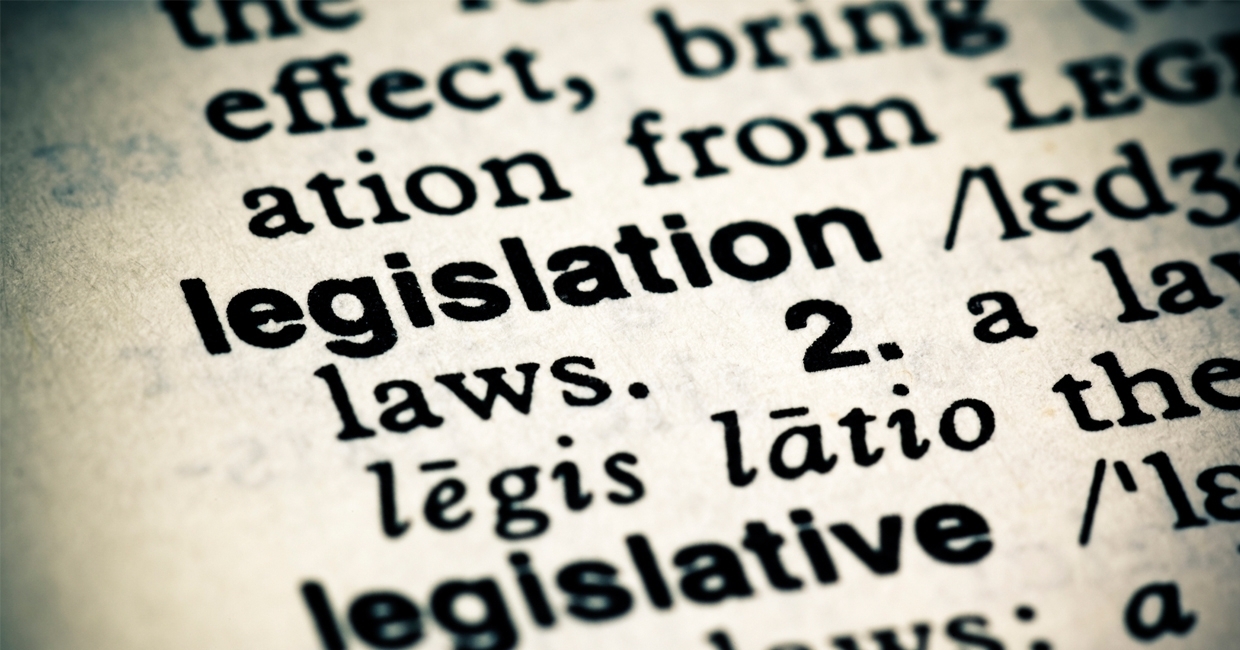Are you worried about your copyright work being used to train AI unless you explicitly opt out? In this open letter to industry, Dids Macdonald, the chair, co-founder, and director of public affairs, IP policy and campaigning at Anti Copying in Design (ACID), calls for anyone who fears losing control over their copyright to respond to the Government’s consultation …
Currently, there is no streamlined way to ‘opt out’ of having your work used to train AI models. Also, there is no accountability mechanism or regulatory body to oversee AI developers who utilise your work without permission. This lack of safeguards can leave creators vulnerable to unauthorised use and exploitation of their intellectual property (IP).
The UK Government has highlighted AI as a driver of economic growth. As outlined in an action plan led by Science Secretary Peter Kyle, AI has transformative potential to foster innovation, support start-ups, upskill the workforce and boost productivity. By creating a globally competitive AI ecosystem, the UK aims to attract investment and promote sustainable technological advancement.
However, the plan’s emphasis on improving access to AI training resources raises concerns for copyright creators. Allowing AI to train on copyright work without permission risks undermining the rights of creators who may lose control over how their work is used.
While innovation and AI’s rapid growth are exciting, they also present challenges for creators in the creative industries and beyond. Copyright laws, which grant creators exclusive rights to publish, distribute and sell their work, are at risk of being undermined by AI’s need for vast amounts of data to train its models. Current laws require copyright holders’ permission to use their work, but many AI developers already bypass this through a lack of robust opt-out mechanisms and regulation.
Training an AI model involves exposing it to massive datasets to teach it to recognise patterns, make predictions and improve its performance. This iterative process requires substantial computational resources and specialised hardware like Graphics Processing Units (GPUs) or Tensor Processing Units (TPUs). While the process enables AI to perform tasks with impressive accuracy, the datasets often contain copyright material used without the creator’s permission.
At present, there is no specific legal system allowing creators to opt out of having their work used for AI training. This gives AI developers and big tech companies almost unlimited freedom to use your creations without authorisation. Authors, artists, graphic designers, greetings card designers and other creators must act now to ensure their voices are heard.
If you don’t want your work to be used without permission, you can: clearly state your copyright terms on your website, social media, and other platforms (displaying the ACID logo and signing the ACID IP Charter reinforces this message); add metadata to your digital files to indicate copyright ownership and usage restrictions; and regularly check for unauthorised use of your work online. If you identify infringements, contact the offending party to request removal or seek legal advice. However, identifying the offending party remains a significant challenge without a regulatory system in place.
You can also summarise your concerns and experiences succinctly and respond direct to the consultation. It’s a unique opportunity to make your voice heard, especially if you believe you should maintain control over the copyright you create! A response doesn’t have to be onerous, or answer many of the complicated questions – a simple email or letter on headed paper will suffice. Use your personal experiences as a case study to illustrate how losing control over your copyright could negatively impact your business
The consultation, closing on 25th February, provides an opportunity to influence policy and ensure copyright creators retain control over their work. Responses can be submitted online, or via email at [email protected].
Rapid advancements in AI demand proactive policy-making. Decision-makers must craft regulations that strike a balance between protecting creators’ IP and fostering AI innovation. Safeguards are essential to provide creators with confidence in their rights while supporting the UK Government’s ambitions for digital growth.









